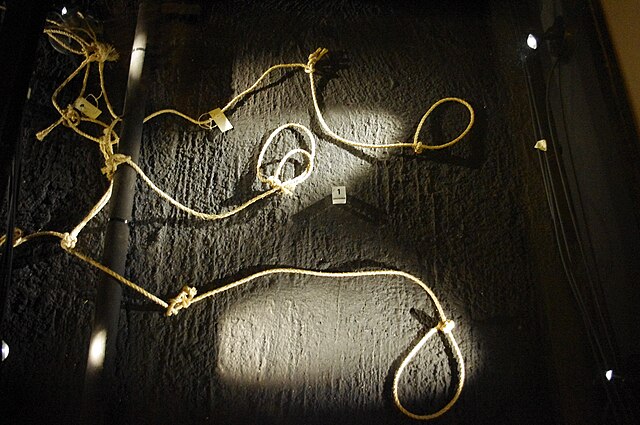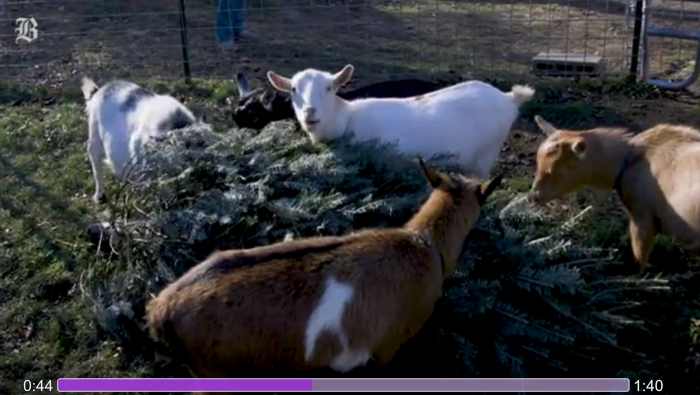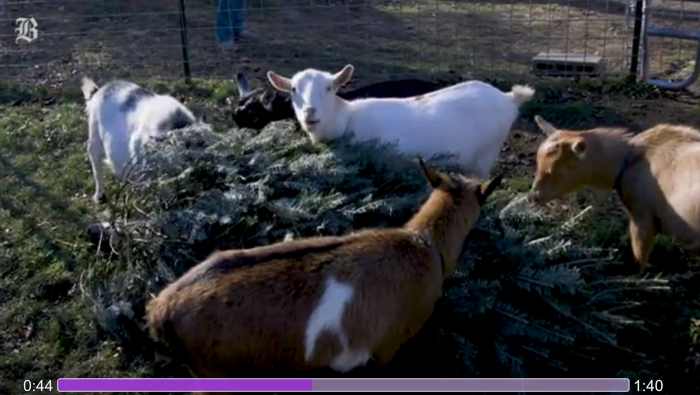So many people around me have found distractions help in dealing with the extraordinary times we’re living through. This post is my present to you. Big stuff happens in the US on 20 January. This is a breath. A break. A moment before everything changes.
For me this week is an anniversary. This time last year I had been evacuated to Melbourne because of the bushfires. The air in Canberra was dangerous for me. Tonight my windows are wide open and I’m up late, cooling everything down as much as I can, for we have an incoming heatwave. Earlier today, however, everything was shut, for the dust storms in NSW sent a bit of frazzled air our way. That reminded me that I’ve been mostly indoors since June 2019. Bushfires followed by pandemic. Every now and again I get out and do things and this reminds me that the world outside is real. These incidents come from that real world. I think this is also the moment to celebrate that.
The first story is from Sydney in 1956, for tonight someone reminded me about the torch carrying for the 1956 Olympics.
A group of university students didn’t like the link between the torch and Hitler. Also, they were Australian. Of course they were Australian.
They painted a chair leg silver and put a tin on the end. They filled the tin with a pair of men’s underpants and set it on fire. Two students carried that torch. One of them successfully handed it to the Lord Mayor of Sydney at the Town Hall. The Lord Mayor didn’t realise at first that this was a hoax, and the torchbearer had time to slip away into the crowd.
The second story is from Canberra, quite recently.
A writer-friend was telling us on Twitter tonight about a time… let me give you the story in her words:
“Was at a con sitting at the signing table under a poster with “K.J. TAYLOR” on it and behind a nameplate which also said “K.J. TAYLOR”. A guy came up to me and said “Is K.J. Taylor here?” I patted myself down and said “I’m pretty sure I’m here!” He looked so confused.”
My third tidbit is a bit older, and is from the US. I collect interesting stories about food history. How fast molasses can burst out of a factory on a cold day, for example, and where to buy meat pies in London in 1250. I didn’t know that, on 16 May 1902, there was a kosher beef war on the Lower East Side in New York. Some describe it as riots. Kosher beef riots. This one deserves a link.
I live in a city where there are 300 people who admit to being Jewish. I can’t see us rioting. We used to hold food fairs, where our numbers were drowned by the crowds who wanted to eat bagels and felafel and lokshen kugel and particularly tasty curry from Jewish India.
I used to cook Medieval Jewish dishes for my stall, and people would ask, “Were there really Jews in the Middle Ages?” I gave those asking morsels of history along with their plates of food. Other days I’d talk about the persecution and the murders, but not at the food fair. We all need times where we don’t bear the burdens of history. Take that time today. Tomorrow will come soon enough.

 Back in 2016, I wrote a series of essays following the presidential election, entitled “In Troubled Times.” Some of these strike me as valid now, “In Tumultuous Times” as then. This one is on “Emotional Sobriety.”
Back in 2016, I wrote a series of essays following the presidential election, entitled “In Troubled Times.” Some of these strike me as valid now, “In Tumultuous Times” as then. This one is on “Emotional Sobriety.” I don’t consider myself naïve about scams. I know to never give out any my bank or credit card numbers, Social Security number, or date of birth to anyone who phones me out of the blue. In fact, when I am in a cranky mood, I might lecture the caller about how what they’re doing is fraud. I read articles about romance, grandkid-in-jail, phony arrest warrants, and other scams. As 2021 drew to a close I realized that I had fallen into a scam I hadn’t heard of: befriending a person on social media and then inducing them to set up a GoFundMe for a medical emergency. Fortunately, I came to my senses before I sent any money from that campaign. Until then, it had never occurred to me that I had been manipulated over a year and a half. As embarrassing as the experience was for me, I’m going public in the interests of educating others.
I don’t consider myself naïve about scams. I know to never give out any my bank or credit card numbers, Social Security number, or date of birth to anyone who phones me out of the blue. In fact, when I am in a cranky mood, I might lecture the caller about how what they’re doing is fraud. I read articles about romance, grandkid-in-jail, phony arrest warrants, and other scams. As 2021 drew to a close I realized that I had fallen into a scam I hadn’t heard of: befriending a person on social media and then inducing them to set up a GoFundMe for a medical emergency. Fortunately, I came to my senses before I sent any money from that campaign. Until then, it had never occurred to me that I had been manipulated over a year and a half. As embarrassing as the experience was for me, I’m going public in the interests of educating others. When I was
When I was 

 The internet is practically an engraved invitation to indulge in gossip and rumor. It’s so easy to blurt out whatever thoughts come to mind. Once posted, these thoughts take on the authority of print (particularly if they appear in some book-typeface-like font). Have you ever noticed how much easier it is to question something when it appears in Courier than when it’s in Times New Roman? For the poster of the thoughts comes the thrill of instant publication. Only in the aftermath, when untold number have read our blurtings and others have linked to them, not to mention all the comments and comments-on-comments, do we draw back and realize that we may not have acted with either wisdom or kindness.
The internet is practically an engraved invitation to indulge in gossip and rumor. It’s so easy to blurt out whatever thoughts come to mind. Once posted, these thoughts take on the authority of print (particularly if they appear in some book-typeface-like font). Have you ever noticed how much easier it is to question something when it appears in Courier than when it’s in Times New Roman? For the poster of the thoughts comes the thrill of instant publication. Only in the aftermath, when untold number have read our blurtings and others have linked to them, not to mention all the comments and comments-on-comments, do we draw back and realize that we may not have acted with either wisdom or kindness.